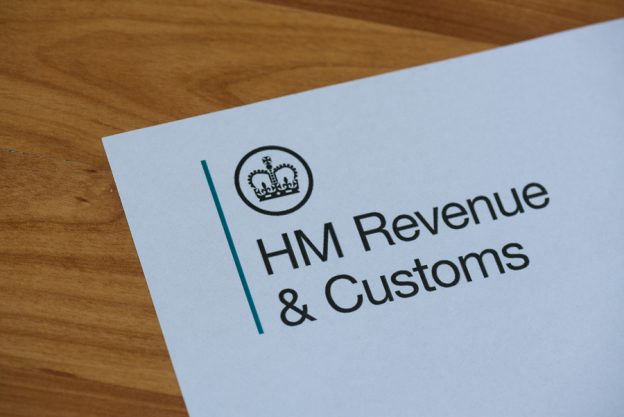
The number of people registered as self employed in the UK is at an all-time high. In March this year, the figure stood at 4.93m. This is part of the reason why HMRC is owed so much money from this particular group of income taxpayers.
Is there a pattern of rising late tax payments?
Data analysis by UHY Hacker Young reveals that the amount of late tax payments owed to HMRC by self employed people has increased for the fourth consecutive year.
- 2014-15 tax year: £1.65bn
- 2015-16 tax year: £1.76bn
- 2016-17 tax year: £1.83bn
The 2017-18 figure already stands at £1.6bn, with the expectation that there are more self assessment tax returns on their way.
What is HMRC’s attitude to late tax payments?
An UHY Hacker Young Partner, Neela Chauhan, said: “Many commentators have suggested that HMRC is becoming increasingly aggressive when chasing down debts.”
This is supported by some relevant evidence:
- The number of penalties reassessed to nil, or cancelled entirely, has steadily decreased over the last five consecutive tax years.
- The actual amount of tax cancelled has gone down from £523m (23%) in 2016-17 to £516m (22%) in 2017-18.
- HMRC put up the 3% late payment rate to 3.25%, without mirroring this in its interest repayment rate.
- Over 650 late payment fines were wrongly issued last year, for which HMRC apologised. But it is worth remembering that they are human too, and mistakes need to be accounted for on both sides.
After emphasising that their preference is that all taxpayers pay their tax bill on time, an HMRC spokesperson said: “If customers are unable to pay on time, they may avoid penalties by contacting HMRC as soon as possible and we can discuss whether it might be possible to set up a payment plan.”
Why are so many self employed taxpayers missing the payment deadline?
The state of the economy, uncertainty about our financial future and late settlement of invoices are just three of the serious reasons that self employed people find it difficult to miss their tax bill deadline.
It is also worth noting that an increase in self employed numbers means that there is an increase in the number of people submitting a self assessment tax return for the first time. As we all know, there is plenty of scope for making mistakes which require HMRC or professional help to rectify. Another plausible reason for missing the actual bill payment deadline.
As Chauhan explains: “The vast majority of taxpayers are fully intending to pay on time. However, they face a lose-lose scenario when they find it hard to do so. They could either choose to pay the full amount on time, risking the long-term health of their business or career because of the hit on their cashflow, or accept a potentially hefty fine further down the line.”
And the fines are substantial. There is a 30 day deadline, after which you are fined 5% of your total tax bill. Six months after the deadline and there is an additional 5% of your tax bill put on top.
What should I do if I’ve missed my tax bill deadline?
Firstly, don’t try and ignore it. It won’t go away. Secondly, get help. As quoted earlier, HMRC would rather hear from you and discuss a way to resolve the issue that you can manage.
Let’s be clear, this is not about deliberate tax evasion or avoidance. For the most part, this is genuine mistakes, lack of funds to pay at deadline time and the rigid system we’re all trying to operate within.
If you have submitted your tax return late and received late filing penalties it’s worth knowing an appeal can be made in some circumstances to have the penalties cancelled.
As experienced tax experts, we can help you sort yourself out. We can even talk to HMRC on your behalf. We identify self assessment errors, explain the different solutions to your situation and put together a workable plan for your business. Just give us a call on 01228 520477.
Whatever you do, if you’re already late to pay your tax bill, act quickly. Don’t collect any more penalties than you need to.







